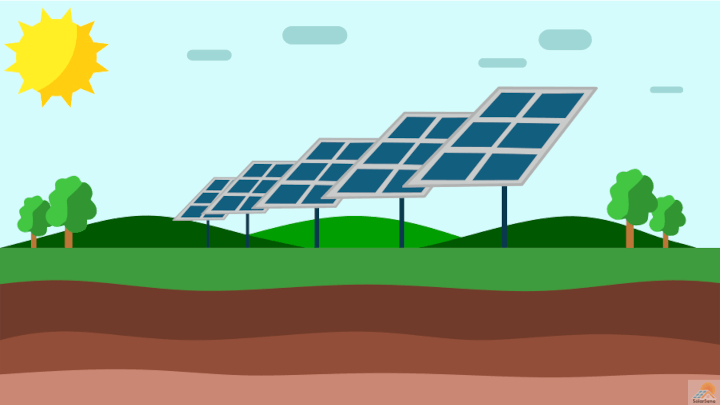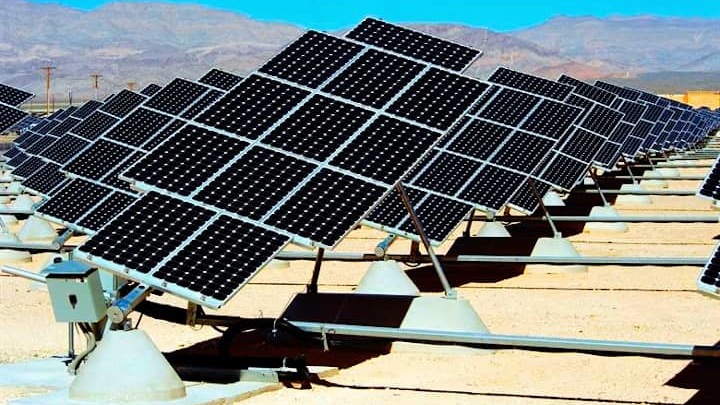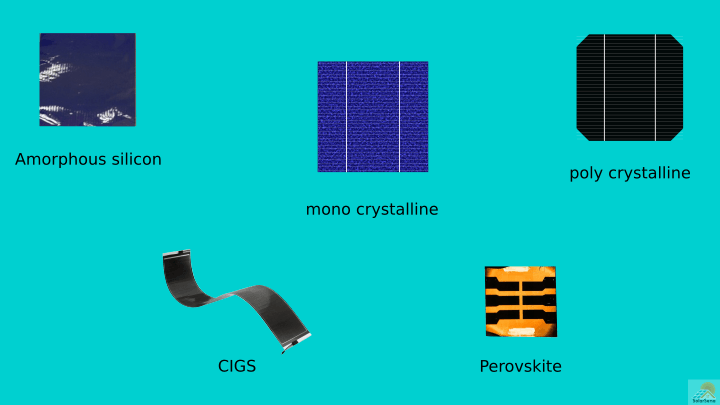Need a solar power guide for dummies? Then you’re in the right place! You’ll find these answers easy to understand if you don’t know much about this topic. Solar power might be a hot conversation point, but not everyone feels like they can join the chat. Using the sun to power your appliances can be a strange thought if you don’t understand how it works. Luckily, you won’t consider yourself a solar power dummy after reading this article. I explain what solar power is, how it works, what you can expect to pay for it, and which benefits you’ll get when using it.
Solar Power For Dummies: The Basics
Solar power is an eco-friendly form of electricity. The sun is a renewable energy source that provides solar panels with what they need to generate usable power. Photovoltaic panels with internal solar cells are responsible for collecting energy from the sun’s UV rays.
Once this energy is converted, you can use it to power any device or appliance like normal.
How Solar Power Works
The process of collecting and converting energy from the sun is quite simple. You’ll have to start by installing solar panels for energy collection. You should mount them in a spot that gets maximum sunlight exposure. This way, the panels can harvest enough energy from the sun for conversion. The collected energy is sent to an inverter. Here, it’s converted from a Direct Current (DC) to an Alternating Current (AC). Most appliances need an AC to work.
After conversion, the electricity is transferred from the inverter to a deep-cycle battery. The extra energy you don’t use will be stored in these batteries for later. You’ll typically use this extra power at night or when it’s cloudy. Your appliances will draw energy from the batteries.
Solar Power for Dummies: How much does it cost?
Going off the grid isn’t a cheap process. There’s a lot of costs involved, and they vary.
The Average Cost of Solar Panels
There are two types of solar panels. They’re very different and, as expected, differ in price. The first is Monocrystalline, the smallest yet most effective type of solar panel. The average price of these panels is between $1 and $1.50 per Watt. A 250W Mono solar panel can cost up to $375.
The second is a Polycrystalline solar panel. These are bulkier and not as efficient as Mono solar panels. The average cost of Poly panels is between $0.90 and $1, making them the cheaper option. A single 250W Poly solar panel will rarely cost more than $250.
The Average Cost of Inverters
You can’t use a solar setup without a DC to AC inverter unless you have appliances that won’t damage when drawing power from a DC wave. There are thousands of options available, and they all differ in price. The cost for regular-sized setups is $1000 to $1500, with some companies asking a few dollars less.
The Average Cost of Batteries
Deep-cycle batteries are the best. All the energy your panels harvest at night will be stored in these for nighttime use. Different battery sizes work on different solar setups. You can choose between absorbent glass mat batteries and gel batteries, with AGM being the more costly option. Typically, gel batteries can take around 100 to 500 dollars out of your pocket. AGM batteries cost much more, ranging from 100 to 1000 dollars each.
The Average Cost of Installation
If you consider yourself gifted in the electrical department, you can install your solar panels with a DIY guide on hand. However, not everyone can do it themselves. If you need some help, calling in a professional is the best idea. Their general rate is 10 percent of your entire setup. If you spent $10 000 on everything from the panels to the battery, you’d be looking at a labor cost of around $1000.
Solar Power for Dummies: The Benefits
Solar Power Is Eco-friendly
The main benefit of solar power is that it reduces your carbon footprint. Solar is the most environmentally friendly way to collect and harvest energy.
Solar power for Dummies: Save some Money!
Electricity is costly. Your bills will creep in every month if you’re connected to the grid. However, solar users don’t worry about this! You’ll have a high initial investment, but your solar setup will pay itself back within a few months.
Solar Increases Your Home Value
Solar panels may be costly, but they can add double the amount to the market value of your house. This is especially true in areas with a lot of power outages. The more power outages your area has, the more desirable a home with solar panels becomes. If you intend on selling, your solar panels could raise your asking price considerably.
You’ll Still Have Power During Outages
In some areas, power cuts, blackouts, and outages are becoming a regular thing. You can sit back and enjoy your favorite series when your neighbors don’t have power if you’re connected to a solar grid. Having power during outages also adds an element of safety to your house. Unwanted elements are less likely to sneak in if they can’t hide in the dark.
You Can Have Power Anywhere
Solar power isn’t limited to use in a particular area. You can install solar panels at your home or get a setup if you live on the road with an RV. Your solar panels and system will work wherever there’s sunshine.
Before Going
A basic understanding of solar power and how it works will help you join the conversation and put you one step forward if you consider using it, and if you’re feeling comfortable you could even try putting some solar panels on your townhouse! This energy-generating method is remarkable. In the near future, more people will boast with solar panels on their roofs. Now that you know more about it, will you? I hope this article makes you feel a little more knowledgeable about solar power and that you feel confident researching what you still need to know in depth. If you have more questions, pop them in the comments!



